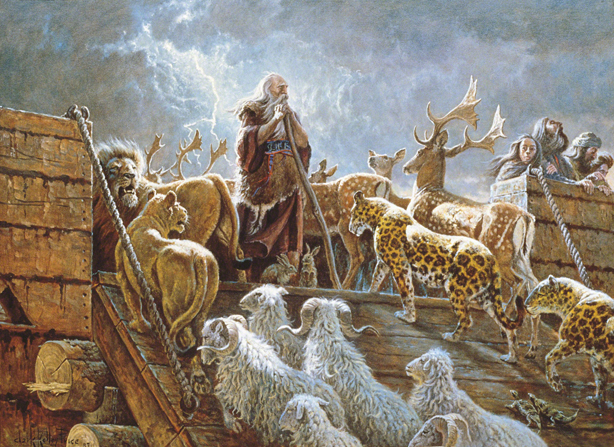Our beginning was not simple. Upon our creation, the angels immediately
lobbied against this idea. They claimed,
correctly, that man would fail and forget about their Source. Was it really
worth it to create such a fallible creature that would drag the world through
the mud? Why not keep the world angelic?
Then, at the vision of the ladder,
one Midrash claims that the angels were hovering around Yaakov like flies until G-d sends them away. This tension then comes to a head with a wrestling match between
Yaakov and angel, some say it is the same original angel that talked against
man, and is then cemented into our current name- Israel- wrestling with the
angelic. What is the nature of this tension of human and angel and what does
this tell us about who we are?
The
world angel doesn’t capture the essence of what these beings represent in Torah.
The word angel means ‘messenger’. They are
created for a particular mission and they carry it out perfectly but that is
it. After the mission is over, they
disappear. They have no essence that remains outside of its mission. In
contrast, man can wallow about doing nothing; yet, he maintains an identity. His
identity doesn’t depend on his accomplishment. He is defined by his struggle and even in the
moments of deepest despair, he still has a spark that can reignite at any second. Angel and man are two diametrically opposed
creations. One is mission dependent and one exists despite mission failure. The
greatness of a being that exists independently of mission accomplishment is
that it can regenerate even after failures. An angel doesn’t understand failure
while we realize that we are defined by them.







